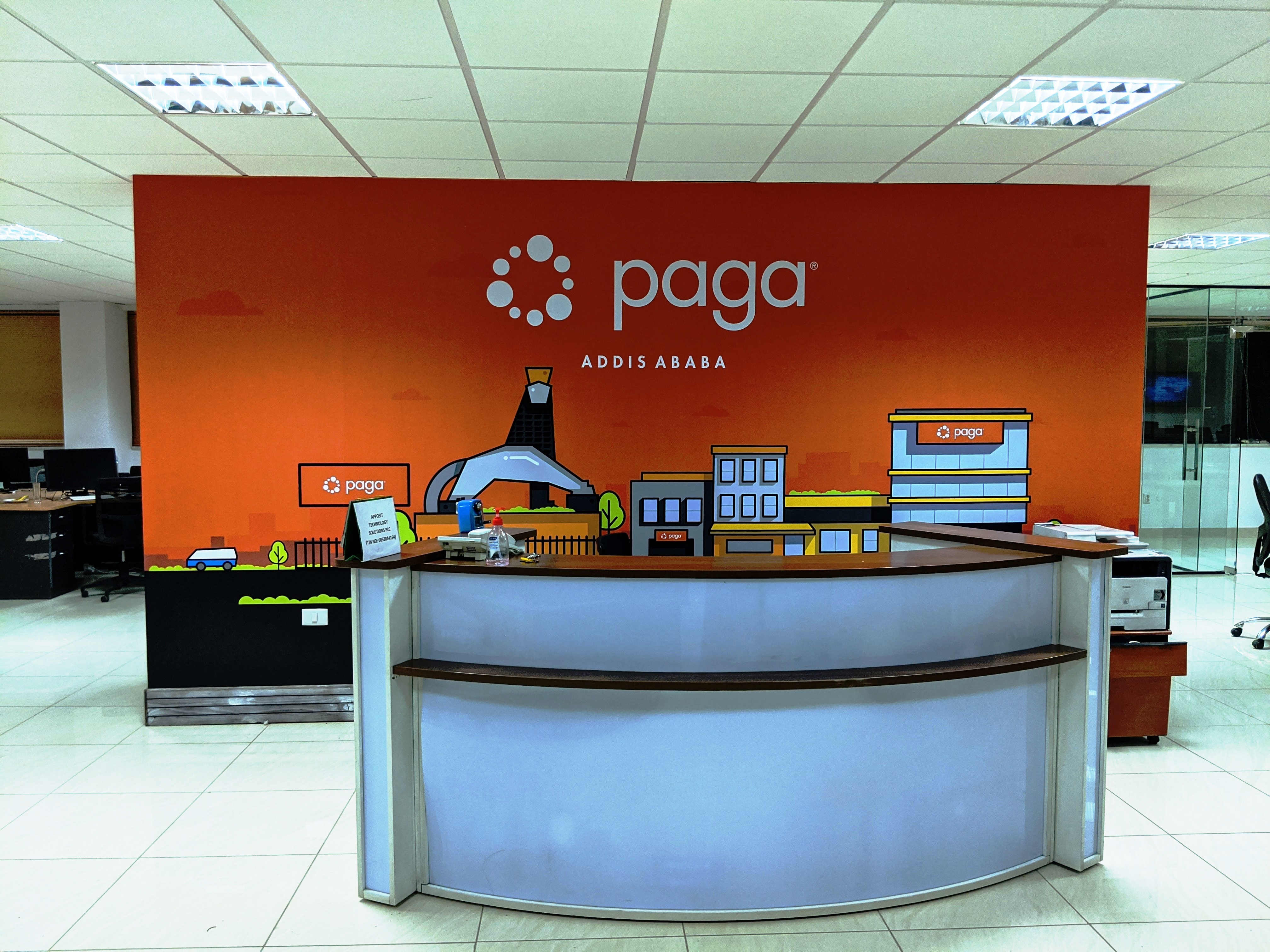Visa has entered a partnership with Nigeria based startup Paga on payments and technology.
Founded in Lagos, Paga scaled its fintech business in West Africa, before targeting expansion in Ethiopia and Mexico.
The startup has created a multi-channel network for over 14 million customers in Nigeria to transfer money, pay-bills and buy things digitally through its mobile-app or 24,840 agents.
The new arrangement allows Paga account holders to transact on Visa’s global network. It will also see both companies work together on tech.
The collaboration reflects a strategy of the American financial services giant to expand in Africa working with the continent’s top startups.
Visa’s partnership with Paga doesn’t include investment in the startup, but it is expected to drive larger payment volumes for both companies — and Visa’s priorities in Africa.
“We want to digitize cash, that’s a strategic priority for us. We want to expand merchant access to payment acceptance and we want to drive financial inclusion,” said Otto Williams, Visa’s Head of Strategic Partnerships, Fintech and Ventures for Africa.
The Paga-Visa arrangement will bring new merchant options to Paga’s network.
“Based on the partnership we’re going to launch QR codes and NFC [payments] into the market in Nigeria — alternative ways of receiving payments than bringing out a physical card,” said Oviosu.

Tayo Oviosu
Visa and Paga’s engineering teams have already started working together, according to Oviosu, and Paga expects to roll-out these new options in Nigeria sometime in second-quarter 2020.
The startup is pivoting toward becoming less of a Nigeria-centered company and more an emerging markets fintech platform. In January, Paga acquired Ethiopian software development company Apposit, on plans to launch in the East African country. After Nigeria, Ethiopia has Africa’s second-largest population of 114 million.
Paga has also opened an office in Mexico and will launch its payments products there this year.
“There are several very large countries around the world in Africa, Latin America, Asia where these [financial inclusion] problems still exist. So our strategy is not an African strategy…We want to go where these problems exist in a large way and build a global payments business,” Oviosu told Techcrunch in January.

The Visa-Paga partnership comes as fintech has become Africa’s best funded startup sector — according to latest VC reporting — with thousands of ventures vying to scale digital-finance products to the continent’s unbanked and underbanked consumers and SMEs.
As a company, Visa maintains multiple partnerships with Africa’s largest banks, but collaborating with the continent’s VC backed fintech ventures has taken center-stage. This was confirmed in Visa’s recent 2020 Investor Day presentation, which dedicated several slides to its strategy of “partnering with leading African players” in the startup ecosystem.
The global financial services company has entered into collaborations with several African fintech ventures, such as B2B payments company Flutterwave and South African startup Yoco, which is focused on enterprise payments services and hardware for SMEs.
Visa has also jumped into the venture funding realm in African fintech. In 2019 Nigerian financial services company Interswitch reached a $1 billion valuation and unicorn status after Visa acquired a minority equity stake.
Visa’s Otto Williams, who has taken a lead on the company’s Africa strategy, noted non-equity collaborations will remain the primary focus — though those could lead to VC down the road.
“If we have a commercial partnership in place that creates the right…investment thesis…you know those strategic partnerships inform venture investments,” Williams said.
Of course, Visa’s isn’t the only American financial services firm backing African tech companies. In 2019, its rival Mastercard invested $50 million in Pan-African e-commerce venture Jumia. The two are working together on developing fintech services across Jumia’s customer network.

